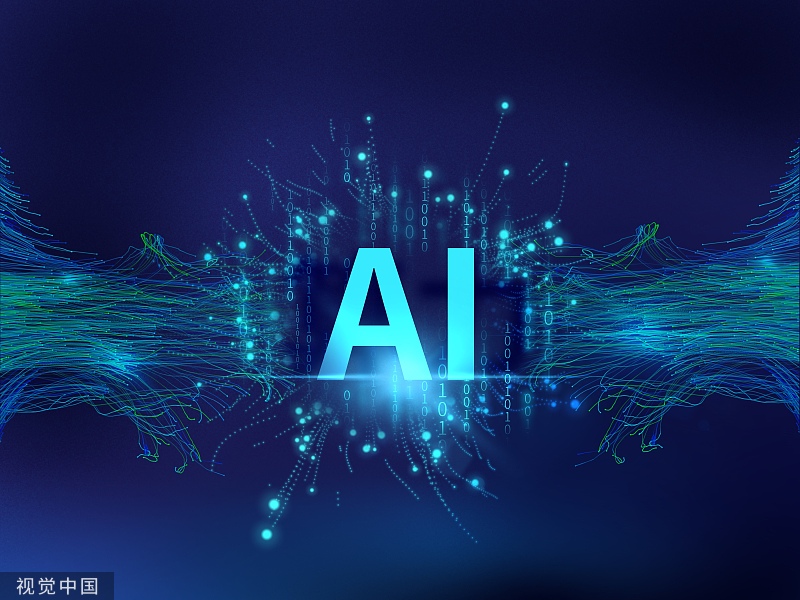EU's law on artificial intelligence could herald a 'Brussels effect'
China Daily | Updated: 2024-03-28 07:51

The European Parliament recently passed an artificial intelligence law, paving the way for what it describes as its trend-setting regulation to come into force later this year. The European Union has long been at the forefront in the development of rules and standards governing artificial intelligence. Adoption of the act will have a new impact on global AI governance.
The law reflects the long-term strict approach of the EU to the governance of artificial intelligence, highlighting the need to prevent high-risk AI from encroaching into the basic rights of individuals, social democracy and the rule of law and environmental sustainability. It sets clear limits on the functional use of artificial intelligence, prohibiting the biological classification of people based on sensitive information collected, and the use of unauthorized facial images to build facial recognition databases. It also bans preventive law enforcement interventions based on the assessment of an individual's characteristics, and behavioral manipulation of people by exploiting their weaknesses.
Apart from regulating the artificial intelligence technology, the bill also makes corresponding provisions on the application norms for artificial intelligence according to the place of use, and adopts strict management norms for the use of artificial intelligence in critical infrastructure, education and vocational training, employment, basic services, certain systems of law enforcement, immigration and border management, justice and other fields, with specific measures including keeping a log of usage, ensuring monitoring and accepting complaints from citizens, to ensure transparency.
The bill also stipulates that general-purpose AI and its models must comply with the EU copyright law and disclose details of the data content used to train their models. In particular, it focuses on the "deepfake" of photographs and audio and video content, believing this can bring systemic risks, and thus requires developers to disclose data sources and comply with copyright law, especially for deepfake content.
The EU always remains conservative on the development and governance of artificial intelligence, paying more attention to risk prevention and control than innovation. The adoption of the AI Act is believed to mark the beginning of a new AI era whose importance cannot be overstated. Some even believe the law will make the EU the "de facto" global standard for trustworthy AI, and with its unique "Brussels effect", the bloc will successfully promote its AI governance norms on a global scale.
























